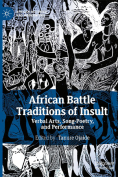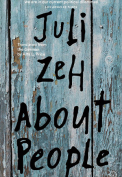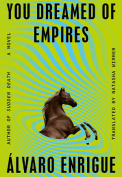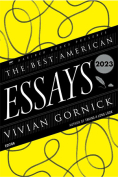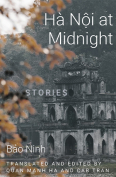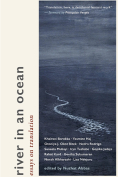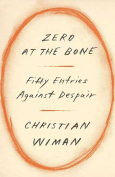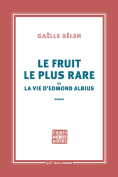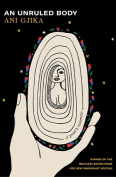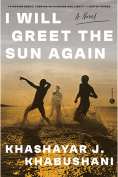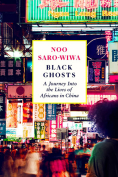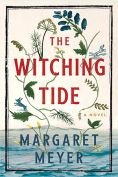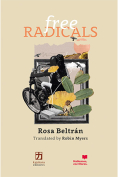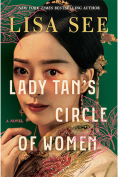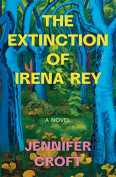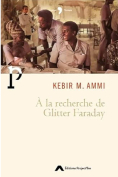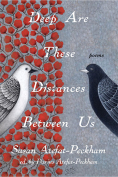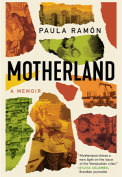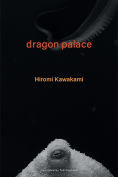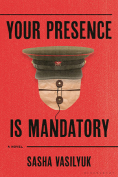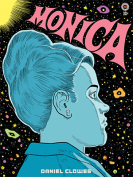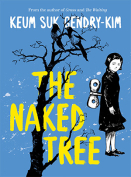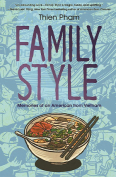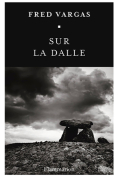Free Radicals by Rosa Beltrán
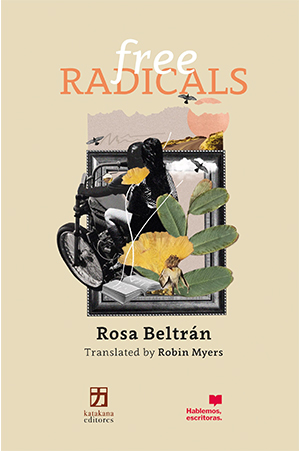 Weston, Florida / Austin, Texas. Katakana Editores / Hablemos Escritoras. 2023. 297 pages.
Weston, Florida / Austin, Texas. Katakana Editores / Hablemos Escritoras. 2023. 297 pages.
You may be excused for thinking Rosa Beltrán is the best novelist you hadn’t heard of—global literature’s best-kept secret—despite an impressive portfolio of seven acclaimed novels, six award-winning collections of short stories, and an array of thought-provoking nonfiction pieces taught in colleges across Latin America. Her work has earned her a multitude of esteemed international honors, including the Sor Juana Inés de la Cruz Award and the Planeta Prize for the Novel, and yet, even as an inductee into the esteemed Mexican Academy of Letters, Beltrán, like many of her protagonists, remains accomplished, courageous, consistently exceptional, but too often, still, insufficiently recognized for her contributions.
With this new English edition, Free Radicals might just be the Beltrán novel that changes all that for the better. Initially published in 2021, it rapidly sold out in mere months, an outcome typical of books that, like Beltrán’s, actively select their readers; that recruit us by somehow managing to speak of our lives in ways that feel specific and reshape us profoundly.
In Free Radicals, that transforming dream is a gendered one. The novel stands as a hard-hitting feminist exploration of women’s experiences, challenges, and agency within the context of a patriarchal society, examining the historic intersections of gender and power in the worlds of men and their effects on the women who have to live within them. Part of the novel’s power comes from how it manages to do all this in arresting, heartbreaking, soul-smashing ways, through layered and linked reality-based metaphors that, via contrast, can’t help but dismantle some of the many veils of secrecy that exist around women’s stories.
Some of that powerful dosage of realism comes from the narrative’s engagement with the 1968 Tlatelolco Massacre, the novel’s intertwined personal narratives in turn woven into that broader historical context. It also comes from how unflinchingly Beltrán portrays the role of women within that Mexican political and social movement, underscoring their resilience, sure, but also their often-hidden agendas, along with their contributions to the just upheaval of violence’s aftermath.
Another wondrous accomplishment comes from how Beltrán recruits about half a dozen literary genres and styles: detective fiction, historical narrative, the Japanese I-novel style, journalistic op-eds, and lyric essays, seamlessly merging fact and fiction to evoke the historical truths that anchor the narrative.
Such complex and thoughtful treatment fits because this is an epic female history, a generational saga of women navigating pivotal choices that are consequences not only of their own decisions but, more often, of the circumstances thrust upon them within the temporal, geographical, and emotional scaffold of the worlds of men they inhabit, their lives too often unfolding beneath the weight of external determinants.
The novel’s plot speaks of all kinds of human duplicities. Detectives, even amateur ones, can’t decipher crimes without self-awareness, without an understanding of why life assigned them a specific time and place. The community entwined with the Tlatelolco Massacre of 1968, in which nearly two hundred students perished during a peaceful demonstration suppressed by the Mexican government, is, collectively, a single character reinforcing the composition of the world that Beltrán’s characters must navigate. This juncture becomes a portal for exploring profound betrayals, personal and societal. As detectives scrutinize crimes, they must confront their own identities; similarly, this narrator, and those encircling the massacre, undergo analogous self-discovery.
But, dread not. We will not have to read about our worst fears as an exercise in detachment. Reading Free Radicals is an intimate act, made cozy by Beltrán’s stellar use of breaks to the fourth wall. By elegant, minimal prose devoid of overt acrobatics, and beauty preserved in the rhythm of each complex revelation, the world of the novel is made both vividly real and hauntingly symbolic.
Free Radicals may be a novel, but it’s also a bitácora de recuerdos, a dossier of clues to broader realities, a record of absences, of lack, of empty emotional spaces. Blur-paced, exciting, and full of concrete, physical action, it’s a repository for the abstract, internal flow of thought and for the burrowed history that serves as background to each discovery Beltrán describes as “a concave mirror we stare into, hoping to find ourselves.”
Impossibly enough, it’s also high drama, from murders and kidnappings to deceit and upheaval. Along for the ride, women are judged as good or bad by their responses, so conditioned in advance that it is impossible to reach answers for the many questions this story brings up: What must women do to survive a world in which they’ve been guests, and not always by choice? How can girls go through childhood while suspecting dark and dangerous forces at play all around? How can they become whole young women when childhood suspicions turn out to be prophecies? How can we be women when violence mutates into a force that exiles our loved ones?
It’s hard to write about this book without wanting to reveal every wonderful thing about it. But I won’t. Just know that before the last page, you will know everything: the story of each of these women—mother, daughter, and granddaughter—the story of every woman. Maybe, too, yourself included.
Anjanette Delgado
Miami

